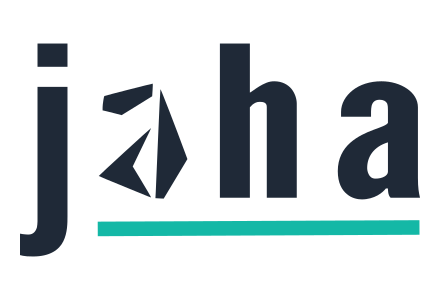
Robin Lamb | Published 9 January 2023 | Updated 2 February 2023
Personal services income (PSI) is a form of income derived from providing personal services in the course of carrying on a business. It applies to full-time and part-time independent contractors, consultants and freelancers. It has specific rules and conditions that must be observed to stay compliant.
What Is Personal Services Income?
Personal services income (PSI) is the income earned by an independent contractor, consultant or freelancer in exchange for performing a service.
This can include income earned by a business owner or employee from within a Personal Services Entity (PSE) such as a company, trust or other business structure.
To be considered PSI, more than half of the income received must come from the labour, skills, knowledge, expertise, or efforts of individuals rather than business income.
Personal Services Income vs Business Income
Knowing the difference between Personal Services Income and business income can be tricky, but it is essential to understand.
Personal services income (PSI) includes the money received from personal skills or efforts, such as those of a doctor, accountant, lawyer, IT consultant, engineer or construction worker.
So what services are considered to be business income - and not PSI?
-
services that are mainly for the use of business assets, for example, services provided by earthmoving businesses
-
sales of goods or products, for example, online/eCommerce stores
Identifying which type of income you are receiving is essential for understanding how it should be reported to the Australian Tax Office (ATO).
Personal Services Business
When are you considered to be running a Personal Services Business (PSB)?
To show that you are running a PSB:
-
you need to meet the results test for at least 75% of your PSI; or
-
less than 80% of your income is from the same entity and its associates (the 80% rule), and you satisfy one or more of the personal services income tests.
Personal Services Income Tests
Results Test
The results test is passed if you meet all three of the following criteria:
- the income is for producing a result;
- you are required to supply the plant, equipment and tools of trade needed to do the work that produces the result; and
- you are legally responsible for the cost of fixing mistakes.
Unrelated Clients Test
To satisfy the Unrelated Clients Test in any given year, a sole trader or PSE must have provided services to at least two unrelated entities that are not connected to the PSE or its associates. Furthermore, the PSE must have publicly offered these services through a website, advertising or other invitation methods. The requirement that invitations and offers be made to the public cannot be met if the services are offered through labour-hire firms or similar arrangements.
On 23 November 2022, the ATO finalised Taxation Ruling TR 2022/3. Further guidance has also been provided by the ATO stating that a taxpayer using a social media account to show that an offer to the public had been made would also need to show that the offer was the reason that the individual obtained the work from the client (i.e. there must be a direct causal link between the offer or invitation and getting the job).
Employment Test
To determine whether a sole trader or PSE satisfies the "employment test" in any given income year, calculate if at least 20% (by market value) of the principal work has been delivered by entities not affiliated with the sole trader or PSE. Individuals who perform this work count towards the evaluation, regardless of their affiliation, but only non-associated entities are considered for such calculation.
Business Premises Test
The business premises test requires that any sole trader or PSE maintains and uses a separate business premise solely for conducting the main activities that generate professional services income (PSI). These premises must not be used for any private purpose, nor should they overlap with the service acquirer's own premises or associates at any point in the income year.
Attributed Personal Services Income
What happens if you fail the tests for being treated as a Personal Services Business (PSB)?
Suppose you fail the tests for being treated as a PSB. In that case, the PSI is deemed to belong to the individual that earned the PSI (for tax purposes). Therefore, you are generally not entitled to business tax deductions associated with that income.
Personal Services Income Examples
Adam Smith
Adam is a plumber who operates as a sole trader. He quotes on a job to fix a blocked toilet and repair three leaking taps. He charges $40 for materials and $360 for his labour. The total of the invoice is $400. This income is Adam's PSI, mainly a reward for his efforts and skills.
Pierre & Marie Pty Ltd
Pierre is an experienced digger operator. His family company, Pierre & Marie Pty Ltd, owns a 10-tonne truck and a digger. Pierre & Marie Pty Ltd enters into a contract with the Department of Main Roads to dig trenches for laying sewerage pipes. The contract specifies that Pierre & Marie Pty Ltd supplies a digger and other special attachments with a licensed digger operator to work at specific locations.
Pierre transports the digger on the truck to various construction sites at the request of the Main Roads Department. He then uses the digger to dig the trenches. The contract requires Pierre & Marie Pty Ltd to provide specific plant and equipment to do the work. Only with the digger and the truck are Pierre & Marie Pty Ltd able to gain or produce income.
The amount that is invoiced to the Main Roads Department is mainly for the cost of supplying the truck and the digger and is not primarily for the efforts and skills of Pierre. The income is therefore considered to be mainly for the use of the digger and is not PSI.
